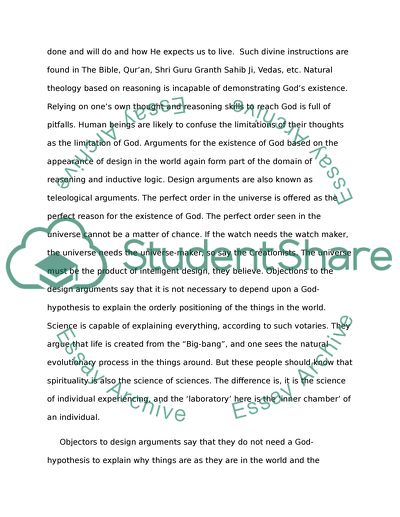Cite this document
(The Ontological Argument for God's Existence Case Study, n.d.)
The Ontological Argument for God's Existence Case Study. Retrieved from https://studentshare.org/philosophy/1566826-the-ontological-argument-for-gods-existence
The Ontological Argument for God's Existence Case Study. Retrieved from https://studentshare.org/philosophy/1566826-the-ontological-argument-for-gods-existence
(The Ontological Argument for God'S Existence Case Study)
The Ontological Argument for God'S Existence Case Study. https://studentshare.org/philosophy/1566826-the-ontological-argument-for-gods-existence.
The Ontological Argument for God'S Existence Case Study. https://studentshare.org/philosophy/1566826-the-ontological-argument-for-gods-existence.
“The Ontological Argument for God'S Existence Case Study”, n.d. https://studentshare.org/philosophy/1566826-the-ontological-argument-for-gods-existence.


